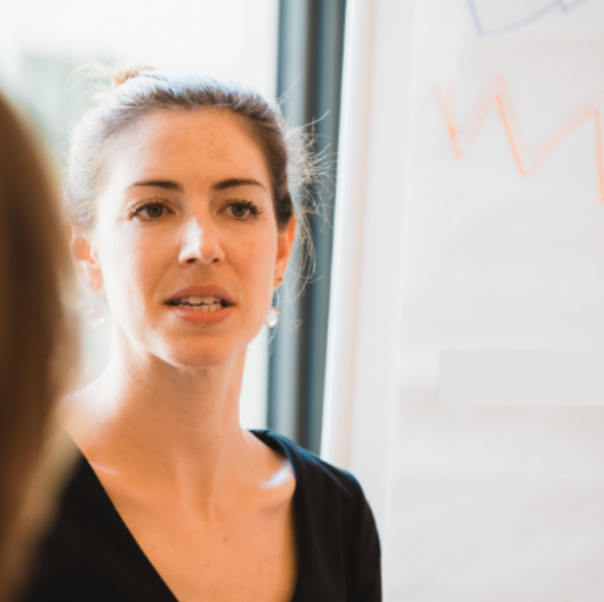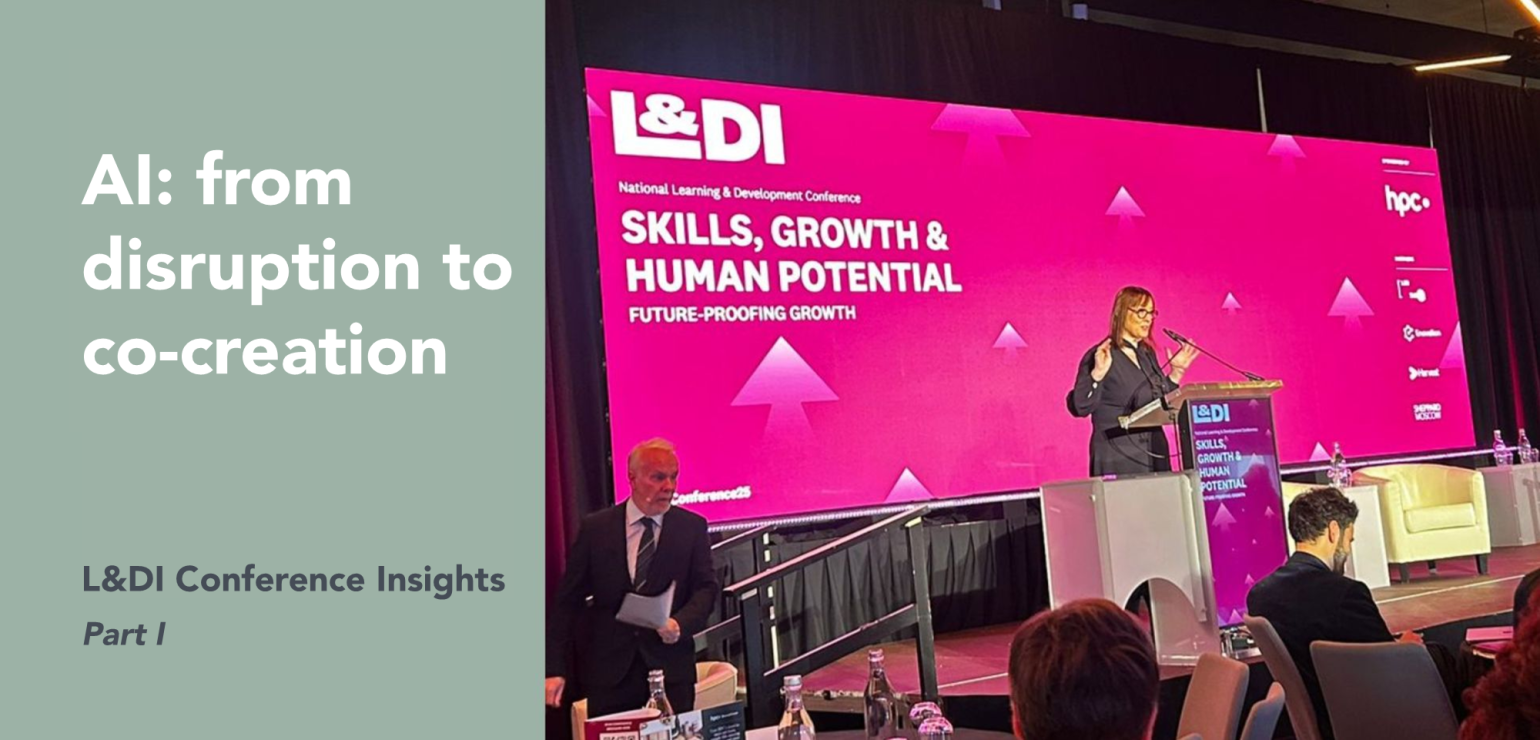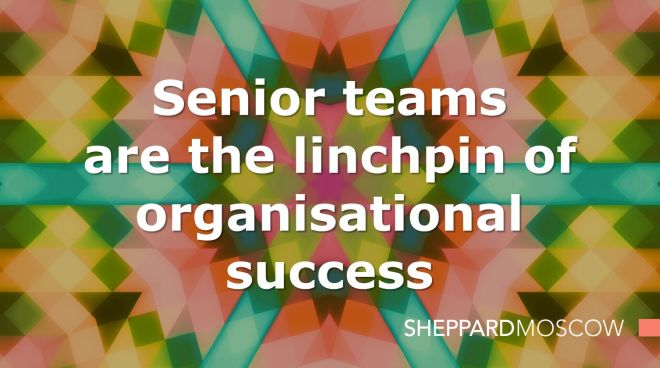Choose Trust

Some of the most foundational experiences in my career were working in transformative community mediation. This practice took place in the Borough of Camden in London. Colleagues and I would sit for hours listening to stories about the stress people experienced due to their neighbours. We once sat for 5 hours non-stop on a dark and stormy Wednesday night before our client finally ran out of steam! I learnt the long way around that there are genuinely two sides to every story. Everyone is in the right, when you perceive things from their unique world view.
When you’ve been negatively impacted as a result of the behaviour of someone else, it’s not easy to trust their intentions. Weeks of sleepless nights due to loud parties or banging doors will not make you conducive to listening. It takes courage to step away from our own position and consider the view from someone else’s lens, especially when we have something at stake: being right, our sense of pride, or a genuine need for an outcome. In this case the outcome could be something as basic and critical as sleep.
Why is it so difficult to stay trusting of others?
In a moment where we choose to trust the intentions of another, we don’t just risk getting the outcome we need, we risk disappointing ourselves. We risk being hurt and let down. We risk a part of ourselves. In the moment it can feel easier to write someone off rather than giving them another change.
In community mediation we would support both parties meeting together if there was a willingness. As people entered the room and settled into their chairs, there would be a moment where you could sense how open or closed the energy was. Little moments peppered through the conversation would present people with a moment of choosing: Do I trust this human being? Or do I shut down and write them off? I could almost see the flicker in someone’s eyes as they chose a fork in the road of the dialogue.
It was some of the most frustrating and rewarding hours of my life. Opportunities for an apology would be missed time and time again.
At other times I experienced profound moments of generosity, open-heartedness, and an acknowledgement of the struggles people go through. In one conversation, I saw a new father share with his neighbour that it wasn’t just the noise that was impacting their new family, underneath it he was afraid that the neighbour – a young woman – was putting herself in danger by inviting strangers over to her flat.
This moment of choosing whether to open ourselves to trust or not, is a moment in which we allow particular energy to inhabit us. One constricts, shuts down and erodes the possibility of a relationship. The other is an opening, an invitation, an opportunity to transform. It takes a spirit of generosity, the capacity to empathise, and the willingness to allow someone else to repair the harm they have caused. Perhaps even the humility to recognise that we rarely have the full story, that perhaps everyone is struggling with something in their own way.
What happens if trust is absent in an organisational setting?
We all have moments where we experience hostility from others. People can undermine us, put obstacles in our way, or fail to deliver on a promise. We work with our own experience of the impact which can be painful, frustrating, or even rage-inducing. From this data it’s a short step to assuming malicious intent. However if trust is present, the behaviour instead can be seen as a misunderstanding: a misalignment of expectation, a different use of language, a skill gap, or a simple mistake.
In reality there are very few instances in which people genuinely intend to cause harm. This doesn’t make it okay. A lack of skilful communication or self-awareness can cause huge problems for us at work and at home, intended or otherwise. We all have a responsibility to pay attention to how we communicate and work alongside one another.
So, how can you encourage trust in the workplace?
In my experience the worst crime, in addition to a lack of skilfulness, is a little lack of self-awareness and concern for one’s own agenda, rather than anything malicious towards someone else. The antidote is to extend our care to encompass the needs and priorities of others. To consider our colleagues’ need to be seen, recognised, and respected. They may be more likely to reciprocate.
In the spirit of creating possibilities, I’m advocating we test our assumptions about each other before allowing a darker story to take root. It only gets harder to see the further down the track we go. Don’t get me wrong, in the heat of the moment I am often very tempted to point the finger of blame or write someone off. But in my heart-of-hearts I know that I’m being unfair; that I’m part of the picture too; that I have a choice to make in how I respond. I’m reminded of a story:
An old Cherokee is teaching his grandson about life. “A fight is going on inside me,” he said to the boy. “It is a terrible fight and it is between two wolves. One is evil – he is anger, envy, sorrow, regret, greed, arrogance, self-pity, guilt, resentment, inferiority, lies, false pride, superiority, and ego.”
He continued, “The other is good – he is joy, peace, love, hope, serenity, humility, kindness, benevolence, empathy, generosity, truth, compassion, and faith. The same fight is going on inside you – and inside every other person, too.”
The grandson thought about it for a minute and then asked his grandfather, “Which wolf will win?”
The old Cherokee simply replied, “The one you feed.”

 Olivia Margo
Olivia Margo 
 Aoife Keane
Aoife Keane 
